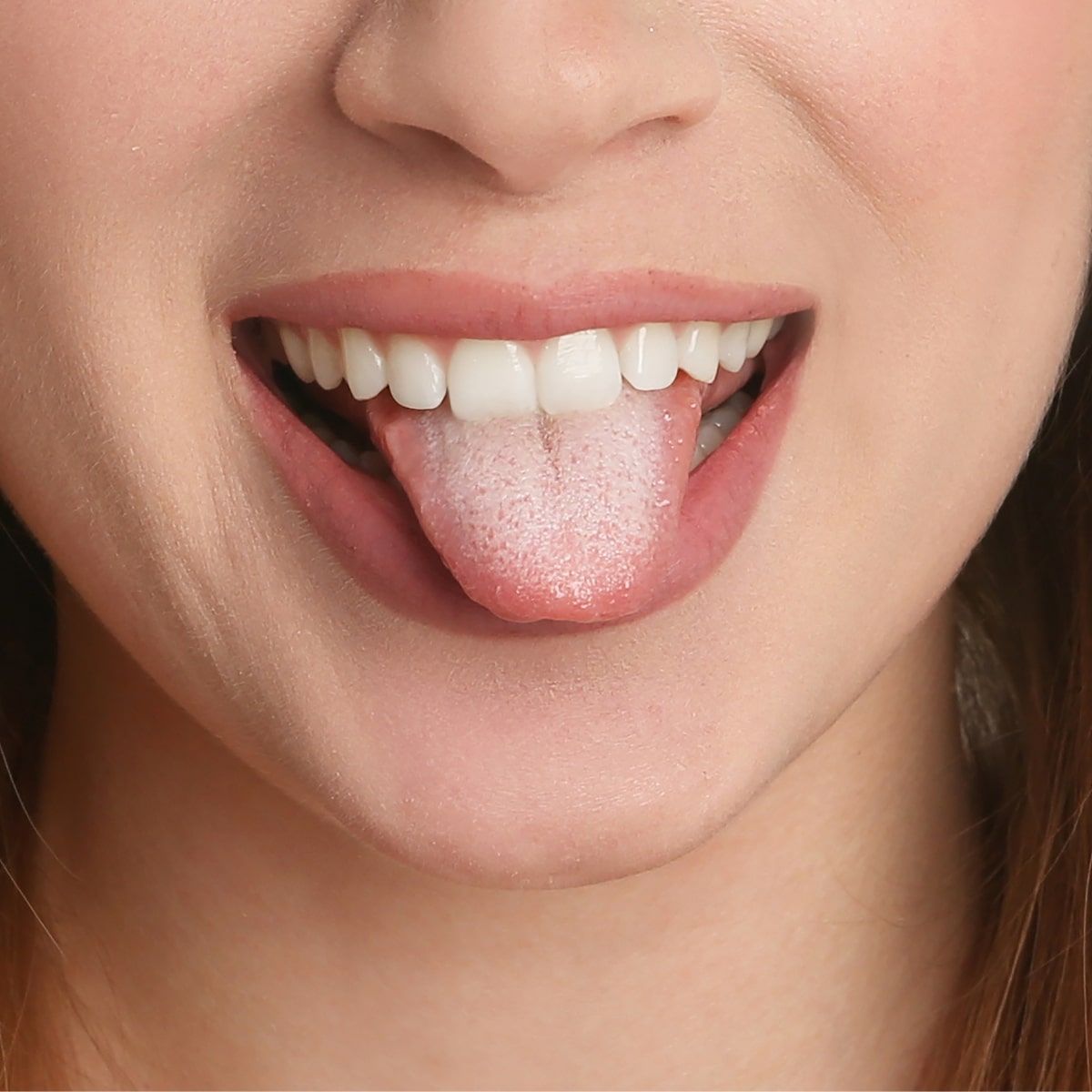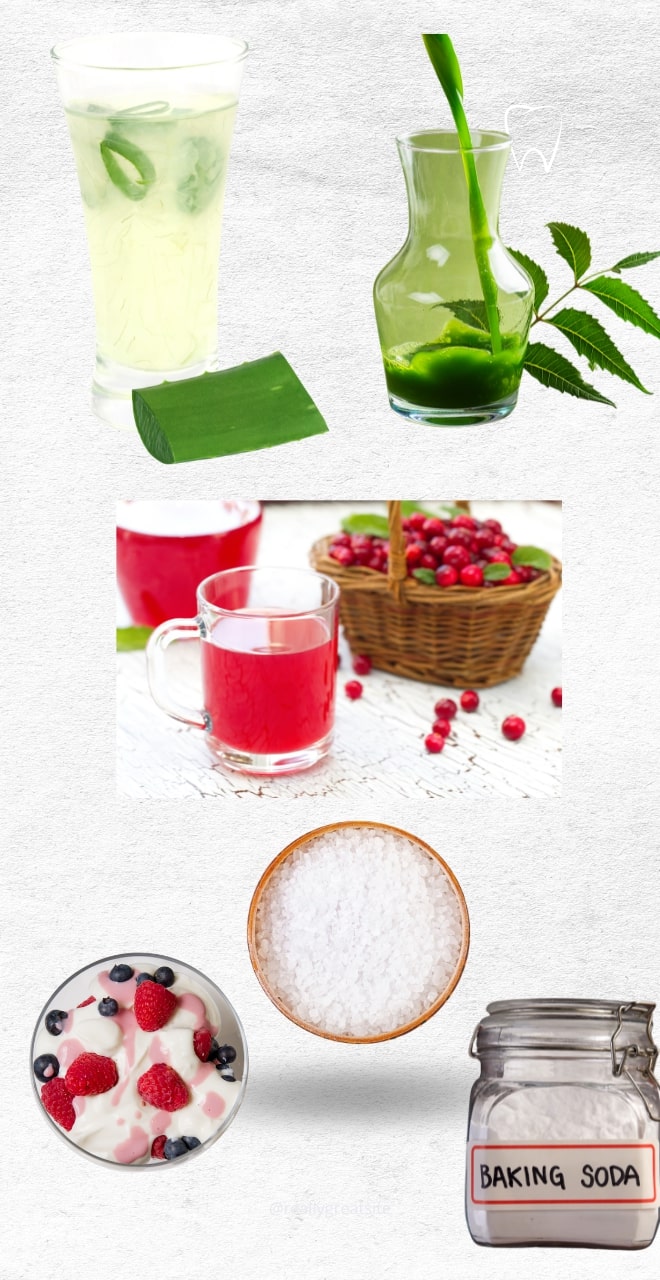White Tongue: Causes, Treatment, and Prevention Tips
What is white tongue?
White tongue is a condition characterized by the development of a white coating on the tongue’s surface, often accompanied by issues such as bad breath, a hairy tongue, and irritation. This coating may extend across the entire tongue, appear in patches, or be localized to the back portion. While the visual aspect can be disconcerting, it is typically a result of trapped bacteria, debris, or dead cells. In some cases, white tongue may coincide with black hairy tongue, where tongue discoloration takes on a dark and furry appearance.While generally harmless and temporary, persistent symptoms or discomfort or difficulties with eating and talking may necessitate professional medical attention.
Vetri Dental Clinic in Tirunelveli stands as a pioneer in this field, being the first hospital to offer best solution to all dental problems.
Possible Causes Of White Tongue:
Understanding the causes of white tongue involves recognizing the accumulation of bacteria and food particles within the tongue’s papillae. Raised papillae create an expansive surface area where debris can collect, leading to inflammation and bad breath. Contributing factors include poor oral hygiene, tobacco use, excessive alcohol consumption, denture wear, antibiotic use, dietary imbalances, mouth breathing, and dry mouth. White tongue may also be symptomatic of various conditions such as geographic tongue, leukoplakia, oral lichen planus, oral thrush, and, rarely, oral cancer.
Discover the finest dental care in Tirunelveli for optimal oral health and wellbeing.
Contact Us Today!
If you’re looking for a dentist in the area, we’d be delighted to show you what we can do. We look forward to meeting you and assisting you in achieving optimal oral health!

What can I do at home to treat white tongue?
Most people can get rid of white tongue by practicing good oral hygiene and drinking plenty of fluids to prevent dehydration. Tips you can try at home include:
- Ensure adequate daily hydration by consuming a minimum of eight glasses of water.
- Employ a gentle toothbrush for regular teeth brushing.
- Cleanse your tongue by either brushing it or utilizing a tongue scraper to eliminate the white coating.
- Utilize mild fluoride toothpaste and mouthwash in your oral care routine.
- If your white tongue causes discomfort, consider using over-the-counter (OTC) painkillers for relief.
- Steer clear of substances that can harm your tongue, such as cigarettes and vape pens.
- Avoid foods known to cause mouth irritation, including those that are spicy, salty, acidic, or excessively hot

Natural Remedies for White Patches on the Tongue
White patches on the tongue can be concerning, but natural remedies may help address this issue. To combat white patches on the tongue and prevent their recurrence, consider these natural remedies:
Probiotic Foods and Unsweetened Yogurt, Coconut Oil
- Consume probiotic-rich foods to maintain a healthy bacterial balance.
- Probiotic foods prevent bacterial overgrowth, boost the immune system, and support oral health.
- Unsweetened yogurt with L acidophilus and B lactis bacteria acts as an antifungal remedy.
- Helps eliminate the white-coated tongue.
- One effective method is oil pulling with coconut oil, known for its antimicrobial properties. Swishing a tablespoon of coconut oil in your mouth for about 15 minutes can help reduce harmful bacteria causing white patches
Aloe Vera Juice , Cranberry Juice and Neem Juice
- Aloe Vera, with antifungal and anti-inflammatory properties, can reduce inflammation and combat fungal infections causing white patches.
- Regular consumption is beneficial
- Swish your mouth with cranberry juice to disrupt microbial build-up on oral tissues.
- Regular use contributes to oral health, addressing issues like cavities, gum diseases, and white tongue.
- Boil neem leaves, filter, and cool the liquid.
- Swish your mouth with this neem solution twice a day.
- Neem’s antifungal and antibacterial properties can eliminate white patches.
Baking Soda and Sea Salt
- Create a paste by mixing baking soda with water.
- Apply the paste directly to the affected area.
- Baking soda’s bleaching and exfoliating properties may reduce bacterial growth causing white patches.
- Brush your tongue gently with sea salt daily.
- Swish your mouth with a sea salt and water mixture once or twice a day.
- Sea salt creates an alkaline environment, hindering microbial growth.
All these easy home remedies can contribute to a cleaner and healthier tongue, leaving you with a fresher breath. Remember to maintain good oral hygiene practices for lasting results. If white patches persist, it’s essential to consult with a healthcare professional for a thorough evaluation and appropriate guidance.

Care and Treatment:
Management of white tongue typically involves self-care practices and, if necessary, medical interventions. Self-care measures include maintaining adequate hydration, using a soft toothbrush, tongue scraping, employing fluoride toothpaste and mouthwash, avoiding tobacco and irritant-laden foods, and considering OTC pain relievers for discomfort. In cases where associated conditions such as oral thrush or syphilis are identified, healthcare providers may prescribe antifungal medications or antibiotics. Removal of potentially cancerous patches, as seen in leukoplakia, may involve surgical methods like scalpel, laser, or cryotherapy.
Complications and Risks
Neglecting treatment for white tongue can lead to gum disease, causing infections to spread throughout the body. Additionally, leukoplakia patches may progress to oral cancer over time.

Prevention:
While white tongue may not always be preventable, maintaining good oral hygiene practices, regular dental check-ups, and a balanced diet with fruits and vegetables can reduce the risk. For individuals with serious symptoms, reducing alcohol and tobacco use and scheduling regular follow-up visits with healthcare providers are crucial preventive measures.
Conclusion
Regular use of these natural approaches, combined with good oral hygiene practices, can contribute to a healthier oral environment and overall well-being. However, if persistent issues arise, seeking guidance from a healthcare professional is advisable for a comprehensive assessment and appropriate intervention. White-coated tongue due to poor oral care is generally harmless and temporary. If underlying medical or dental conditions are the cause, seeking advice from a healthcare professional is crucial, especially if accompanied by symptoms such as chronic fever, weight loss, or skin rashes.


